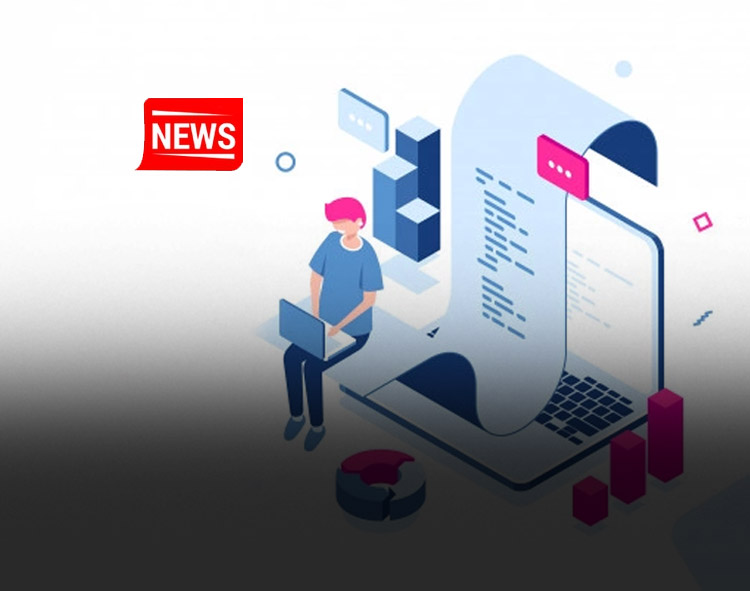With its new scheduling automation platform, Calendly offers enterprise-grade features for secure administration and workflow integration
Calendly, a leading cloud-based scheduling platform, is bolstering its capabilities to better serve the needs of enterprises and high-growth organizations. Adding to its roster of Fortune 500 and SaaS 1,000 companies, Calendly has seen increasing demand—even before the pandemic—from larger customers including Zoom, Lyft, Gartner, Twilio, and OpenTable that view its scheduling platform as a crucial part of their modern digital work stack. As the company continues to help global teams schedule more than 15 million meetings per month, Calendly today is responding with new secure administration and workflow integration offerings such as System for Cross-Domain Identity Management (SCIM), SAML-based Single Sign-On (SSO), and Intelligent Routing.
Read More: In The Future AI And Web Scraping Will Go Hand-In-Hand
Solving the Problem of Scheduling Meetings
Meetings are essential for internal and external teams of all sizes, yet scheduling is too often left to email. Calendly data shows that, on average, it takes over seven back-and-forth exchanges to find the right, mutual availability. This scheduling nightmare has negative outcomes for businesses; for example, sales teams within companies experience a 54 percent loss rate when they don’t reach prospects first, and recruiters know top talent has a short shelf life, only remaining on the market for approximately 10 days. Everyone is busy, and with finite resources, connecting must be efficient. The ubiquitous nature of Calendly—more than two million people use Calendly each month—makes it the modern scheduling solution teams and organizations require.
What’s New in Calendly Enterprise
Thousands of teams and departments within the largest organizations in the world have come to rely on Calendly as an integral part of their business processes—creating delightful experiences for their prospects, partners, customers and employee recruits. With Calendly Enterprise, larger organizations can now deploy Calendly at scale with greater assurances around security, administration, and fitting into their current workflows.
For IT and Operations Teams
With Calendly usage growing across departments in larger companies, Calendly is arming IT teams with new user administration and access control capabilities including SSO support and SCIM to enable them to more easily and securely manage users at scale.
SCIM makes managing user identities easier—something that’s very important for larger organizations with dynamic employee bases. With SCIM provisioning, IT departments can automatically onboard and offboard users from Calendly via their identity provider to better safeguard company data.
As more enterprises standardize on Calendly centrally, the need for integration of user identity on platforms is becoming a critical requirement. SAML-based SSO allows administrators of Calendly to ensure their members access Calendly using a single set of credentials that’s consistent with their identity provider such as Okta, Ping Identity, Azure, OneLogin, and Auth0.
For Departments Within Large Companies
Calendly users have long appreciated the delightful experience inherent in the platform, from one-click scheduling to auto-reminders and time-zone detection. For larger organizations, Calendly is increasing its velocity around launching new features to support collaboration across teams.
The new Intelligent Routing feature helps interested website visitors get connected faster by routing them to the best person or destination to book immediately—so teams never miss an opportunity to connect because of slow turnaround time. Additionally, Collective Best Times gives users the opportunity to poll meeting invitees for a time that works best for everyone. Calendly also streamlines access to key apps with Zoom, Zapier, Salesforce, HubSpot, Greenhouse, among others, and offers APIs and webhooks to customize workflows for any organization’s specific needs.
Read More: How Intelligent Business Plans Can Forge Stronger B2B Relationships
Recently, the company was a launch partner for the new Slack Connect, deepening its integration for an effortless scheduling experience between partners and customers, and unveiled Workflows, which lets users build ideal processes around every meeting and apply them at scale—effectively automating all the tasks that happen before, during and after meetings.
“We started Calendly to solve the scheduling needs and productivity issues of individuals, regardless of their company size or profession. From day one, we saw entrepreneurs, salespeople, teachers, and everyone in between use Calendly to improve their day,” said Tope Awotona, founder and CEO of Calendly. “We’ve been investing in deep integrations with our customers’ digital tech stacks and building robust enterprise-grade security and reliability features for the most demanding organizations. With this new enterprise-specific offering, we are making these capabilities publicly available for larger, forward-looking companies.”
“The Calendly integration is one of our most popular because of how easy it makes scheduling millions of Zoom meetings for our customers each month,” said Janine Pelosi, CMO of Zoom. “Now, enterprise customers can embed both Calendly and Zoom into their customer-facing workflows to enhance their video communication experiences with greater control and security.”
“Automation in the workplace is essential,” said Cody Jones, Head of Partnerships at Zapier. “There are few business activities that offer greater value than meeting directly with your leads, customers, and team members. Teams can now use Calendly for Enterprise in combination with Zapier to set up automated workflows to confirm meetings, update contacts in CRMs, notify invitees of meeting changes, and quickly follow-up on action items. With meetings occurring more frequently than ever, the integration between Zapier and Calendly for Enterprise will help teams increase their productivity and focus on the work that matters.”





















